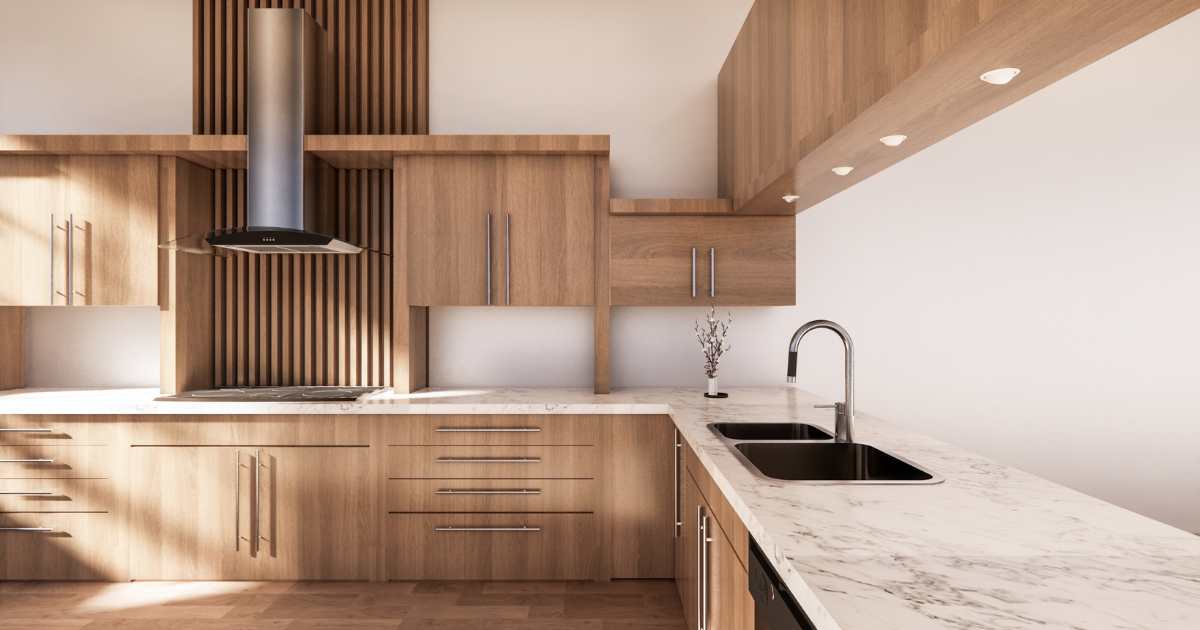Food truck owners and independent chefs understand the importance of a well-equipped commercial kitchen. A commercial kitchen is where all the magic happens. From baking cakes to preparing full-course meals, it’s the space where chefs get creative and make their dishes come to life. But what if you don’t have access to a commercial kitchen? That’s where renting one comes in.
Renting a commercial kitchen can be an excellent option for those who want to scale up their production or for chefs who need a licensed kitchen to prepare their food. In this article, we will dive deep into the different types of commercial kitchens, what equipment to expect, and what to bring with you. We’ll also provide some tips on how to find the right kitchen for your needs.
Different Types of Commercial Kitchens
Before searching for a commercial kitchen, it’s important to consider how much space you’ll need and how much you can afford to spend on the rental. Here are some of the most popular rental arrangements:
Commercial Kitchen/Commissary
A commercial kitchen is designed for food prep and storage, and it’s licensed and ready to use. Food truck owners, bakers, and independent chefs use commercial kitchens to ramp up production. In some cities, regulations prohibit cooking in a food truck, so chefs can prepare their food in a licensed kitchen and then serve it on the road.
Before renting a commercial kitchen, it’s crucial to learn your local city and county health regulations for foodservice businesses. This will ensure that you rent a kitchen that meets the required standards.
Shared Space Kitchen
Shared space kitchens are designed for group use. Typically, you sign up for a time slot in advance, and the kitchen is constantly being used by different foodservice businesses. In some cases, an existing brick-and-mortar restaurant will rent out their space to another group during off-hours. Many cooking schools, churches, and hotels allow you to rent out their commercial kitchens as well.
Private Kitchen
This is the most expensive option for commercial kitchens, but it offers total control. You can use the space 24/7, store food in the kitchen when you’re gone, and set up the equipment however you like.
What is Included?
Before signing a contract to rent commercial kitchen space, it’s important to know exactly what’s included and what’s off-limits. Some commercial kitchens won’t allow you to bring consumer-grade equipment from home unless it’s designed for professional use. Make sure to get the full list of usable equipment beforehand and find out if there are additional fees to rent certain gear.
In most licensed commercial kitchens, you should expect a grill, oven, fridge, and freezer. There should also be ample prep tables and an adequate dishwashing area for the kitchen’s size. However, every commercial kitchen is different, so it’s important not to assume anything. Just cover your bases, don’t be afraid to ask “dumb” questions, and your rental experience will go smoothly.
What is Provided?
Equipment can vary wildly when renting a kitchen. Some rentals will provide pots, pans, trays, and more, which could save you a lot of prep time. Other commercial kitchens will be barebones and expect you to bring everything. As a renter, you should also find out whether a kitchen has adequate storage facilities, including cold storage, dry storage, and a packing area.
If you have access to vital equipment and it’s not too much trouble to transport, we recommend bringing your own. It’ll save you money and potential headaches.
Things You Need to Bring
At a minimum, chefs will need to bring their own knives and custom equipment to their commercial rental. Hopefully, your temporary kitchen will come fully stocked with everything you need to take care of business, but just in case, here are a few things you should bring with you:
Aprons and Chef’s Jackets: Protect your clothing while you cook and look professional at the same time.
Cutting Board: Bring a cutting board that you’re comfortable using. Commercial kitchens may have cutting boards available, but it’s always best to bring your own.
Kitchen Utensils: This includes spatulas, ladles, tongs, and other cooking tools you use regularly.
Food Containers: To store your prepared food, you’ll need airtight containers. Glass containers with locking lids are a great option.
Cleaning Supplies: You’ll want to leave the kitchen as clean as you found it, so bring your own cleaning supplies like dish soap, sponges, and towels.
Personal Protective Equipment: Depending on the kitchen’s requirements, you may need to bring gloves, hairnets, or other protective gear.
How to Find the Right Kitchen for Your Needs
Finding the right commercial kitchen for your needs takes time and research. Here are a few tips to help you get started:
Check Online Listings: There are websites that list commercial kitchens available for rent in your area.
Network: Talk to other chefs and food entrepreneurs in your area. They may know of a great kitchen that’s available for rent.
Contact Local Culinary Schools: Some culinary schools allow their students and alumni to use their commercial kitchens for a fee.
Visit Local Farmers’ Markets: Many farmers’ markets have food vendors, and those vendors may be willing to share information about commercial kitchens they use.
Search for Local Shared Kitchen Spaces: Google “shared kitchen space near me” to find options in your area.
Conclusion
Renting a commercial kitchen can be a great way to scale up your food business or prepare for an event. With these tips in mind, you’ll be well on your way to finding the perfect rental space for your needs. Just remember to do your research, ask plenty of questions, and come prepared with the equipment you need to make your culinary dreams a reality.









